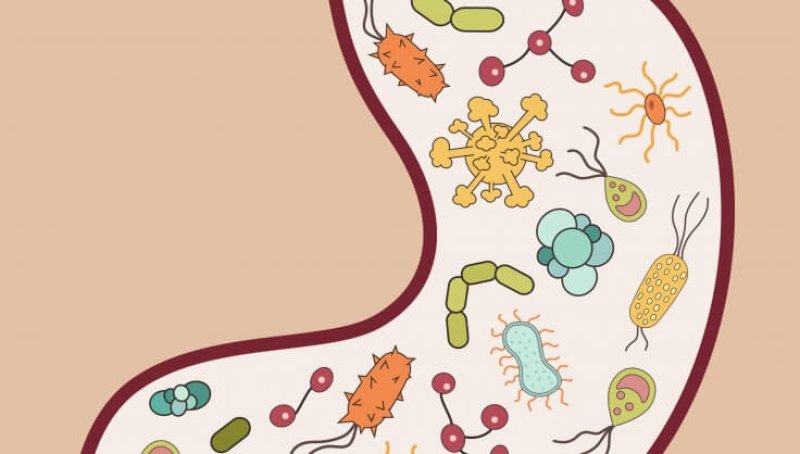If the gastrointestinal tract is a rainforest, then can oral doses of “good” bacteria provide meaningful health benefits?
…
The AGA recently published a clinical practice guideline on probiotics in the journal Gastroenterology… Over time, the usage of probiotics has grown significantly, but that growth has not been accompanied by a solid evidence base to demonstrate that these products are beneficial. These new clinical practice guidelines are intended to help physicians and patients make decisions that are informed by the best evidence.
There is a lack of evidence to support the use of probiotics for digestive conditions like C difficile infection, Crohn’s disease, ulcerative colitis, and irritable bowel syndrome. The AGA recommends against probiotic use for these conditions. And importantly, there is moderate evidence that probiotics do not improve the treatment of acute infectious gastroenteritis in children.
…
While manufacturers and marketers continue to make vague and often unproven claims of effectiveness, the evidence for probiotics is far less impressive than the hype. An editorial that accompanies the guidelines comments that the emergence of better evidence is held back by a regulatory framework for probiotics that isn’t designed to give clinicians and patients products that have been carefully evaluated. Given the potential value of microbial therapeutics, it is discouraging that we face an ongoing situation of a lack of good information to inform personal decision-making.































